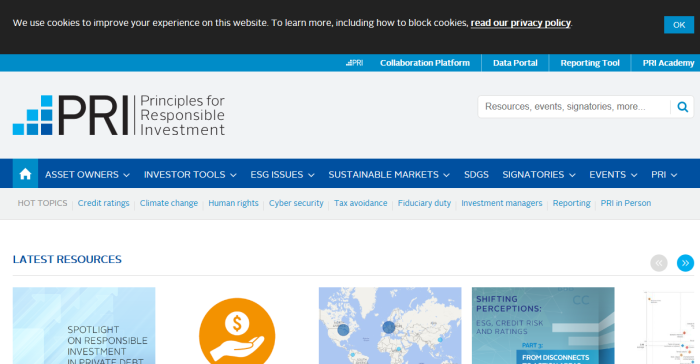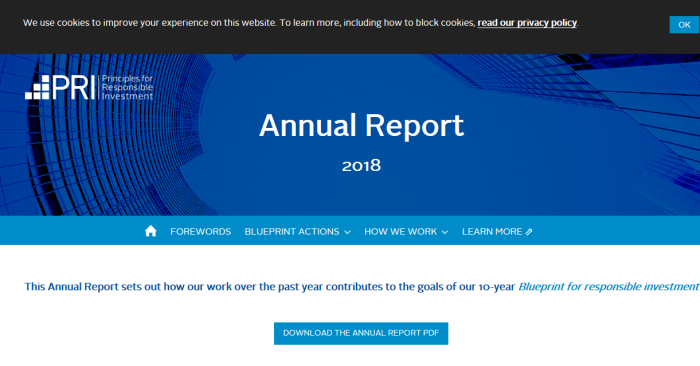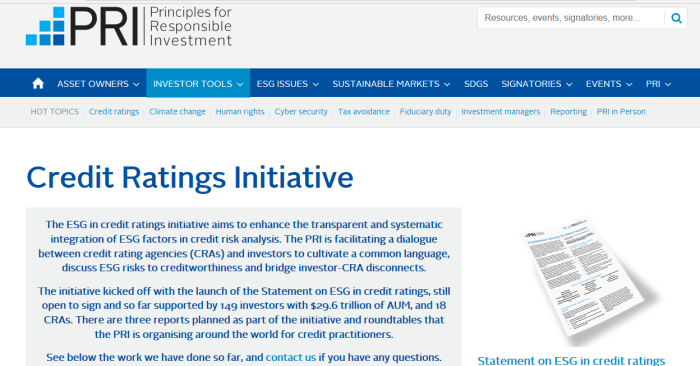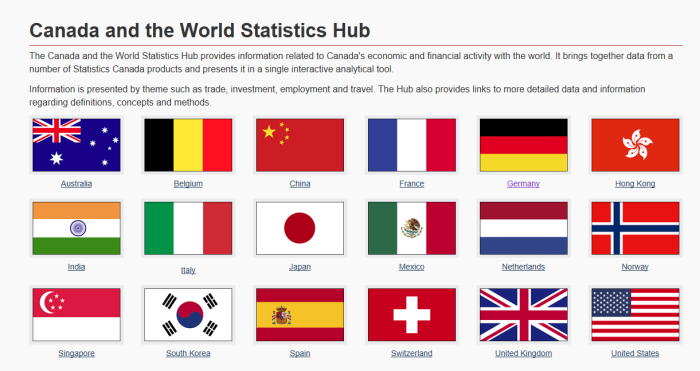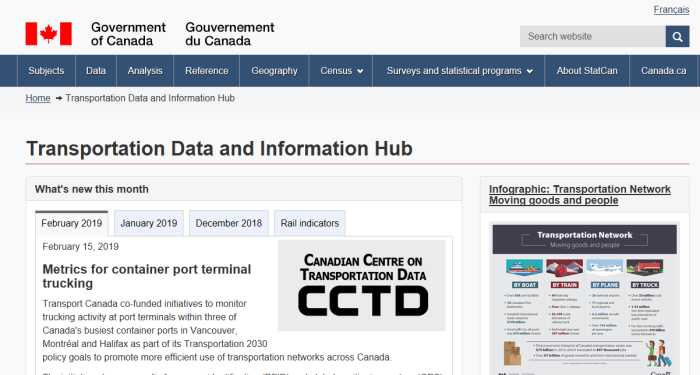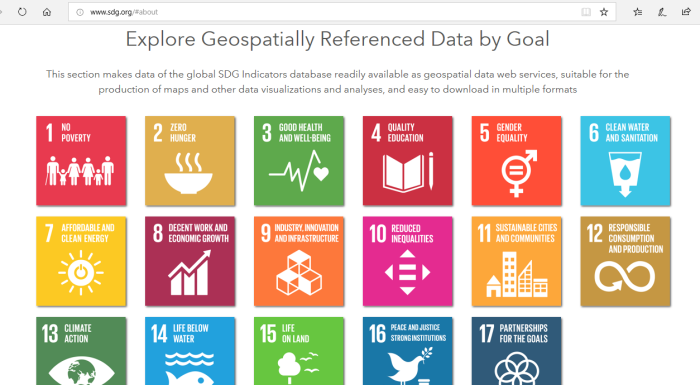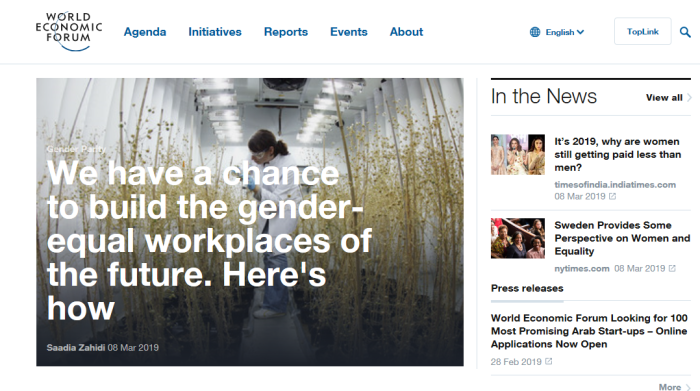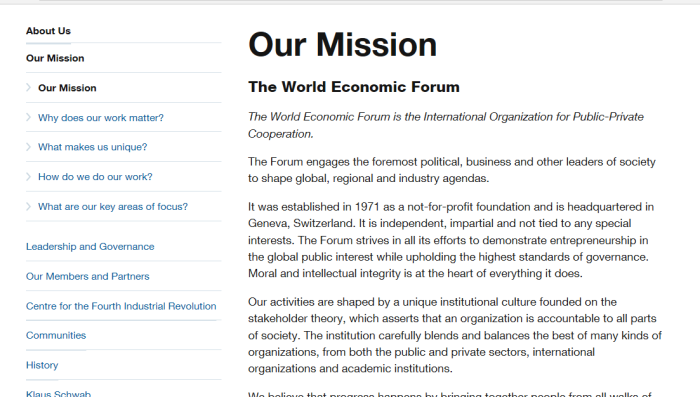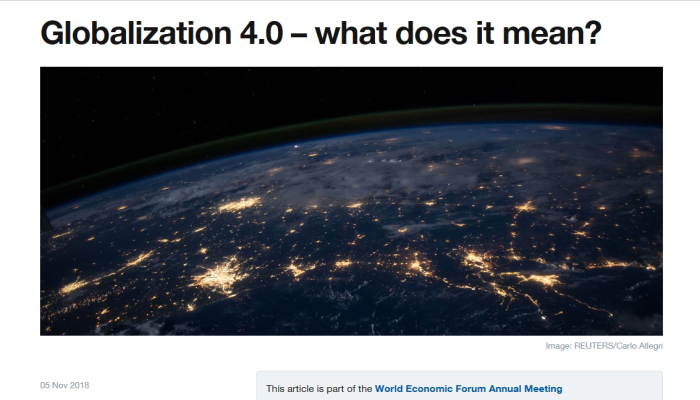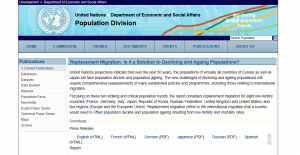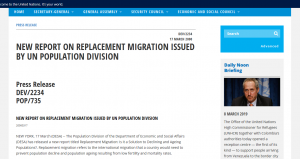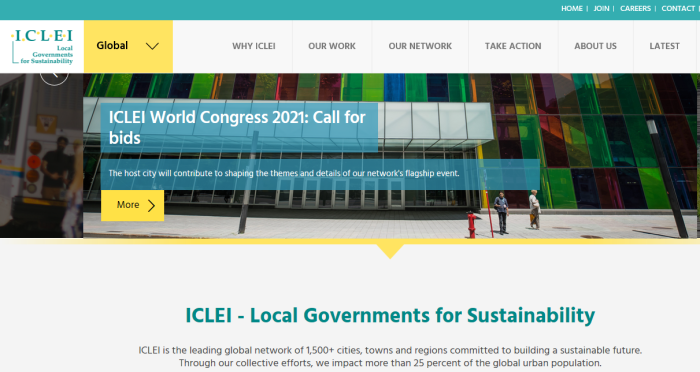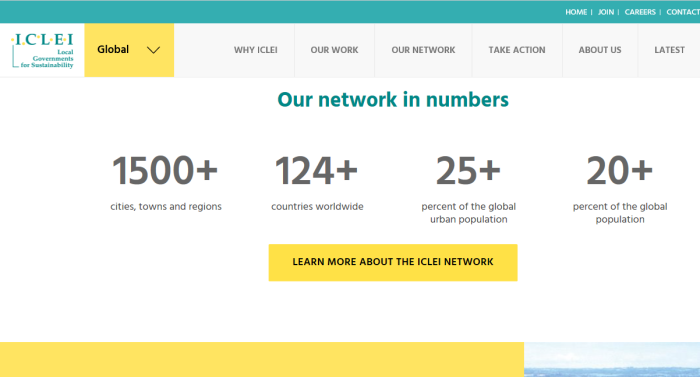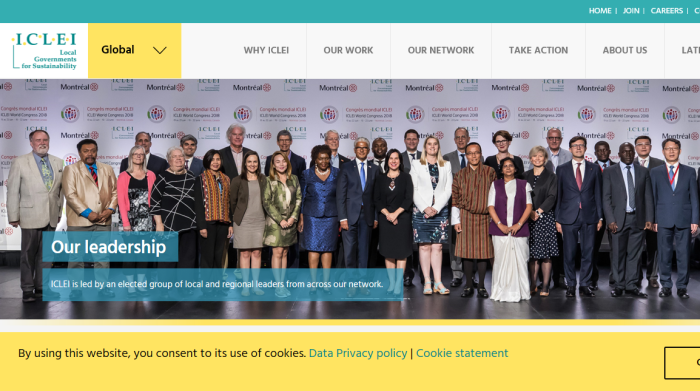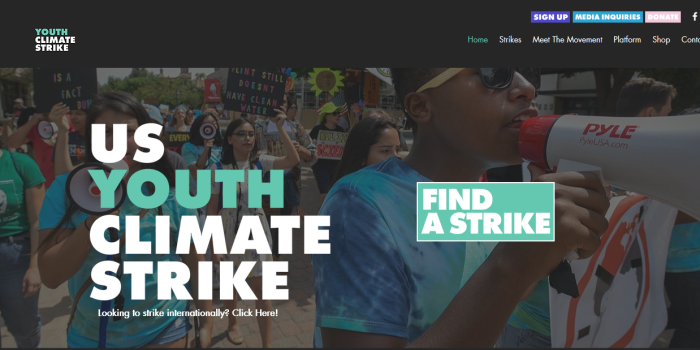
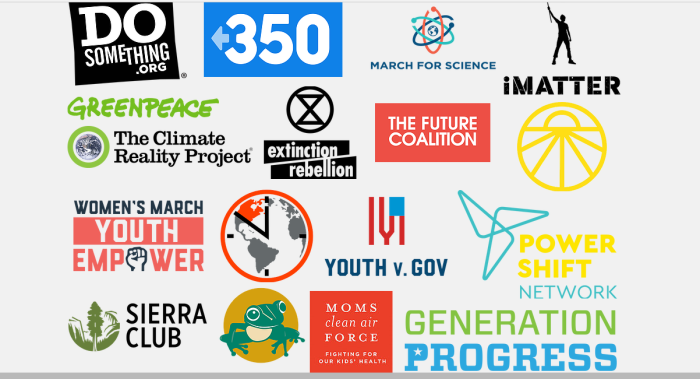
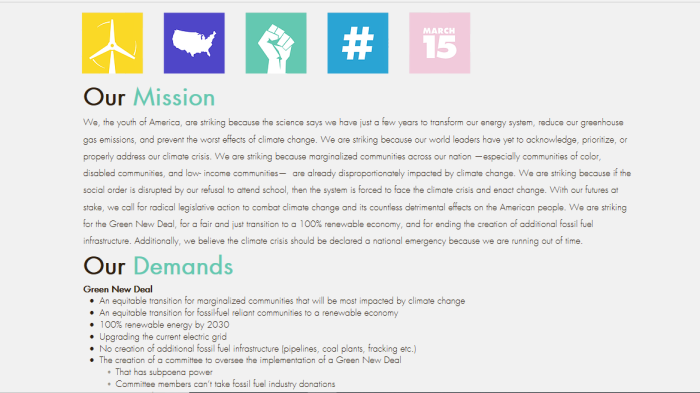
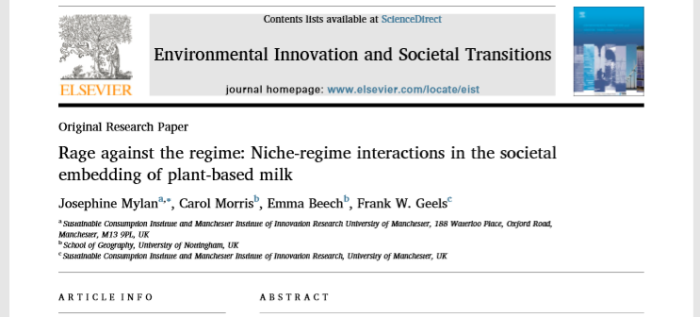
(1) https://www.youthclimatestrikeus.org
(2) http://archive.is/QZc7V
(3) https://www.youthclimatestrikeus.org/platform
(4) http://archive.is/ymHeP
(5) https://www.youthclimatestrikeus.org/strikes
(6) https://docs.google.com/document/d/1L0IAaUEaM1e6O3dbT2hWwNCkYijlJfSw185-Wx31NNM/edit
(7) https://www.congress.gov/bill/116th-congress/house-resolution/109/text
(8) https://web.archive.org/web/20190207191119/https:/ocasio-cortez.house.gov/media/blog-posts/green-new-deal-faq
(9) https://canucklaw.ca/alexandria-ocasio-cortezs-green-new-deal-eco-communism-identity-politics/
(10) https://canucklaw.ca/the-climate-change-scam-part-1/
This topic was referred to me by a fellow author and researcher. https://www.youthclimatestrikeus.org, (a.k.a. YCS), which aims to get young children into the business of climate change action
YCS DELIBERATELY Targets Children
Why? Because, as they admit, children are more impressionable. Check out their platform page.
Compulsory comprehensive education on climate change and its impacts throughout grades K-8
K-8 is the ideal age range for compulsory climate change education because:
Impressionability is high during that developmental stage, therefore it’s easier for children and young adults to learn about climate change in a more in-depth manner, and retain that information
Climate change becomes a nonpartisan issue, as it truly is because it’s based solely on science from the beginning
Yes, that’s right. Target kids specifically because they are more impressionable.
Youth Climate Strikes v.s. Green New Deal
TEXT FROM YOUTH CLIMATE STRIKES
Our Demands
Green New Deal
-An equitable transition for marginalized communities that will be most impacted by climate change
-An equitable transition for fossil-fuel reliant communities to a renewable economy
-100% renewable energy by 2030
-Upgrading the current electric grid
-No creation of additional fossil fuel infrastructure (pipelines, coal plants, fracking etc.)
-The creation of a committee to oversee the implementation of a Green New Deal
-That has subpoena power
-Committee members can’t take fossil fuel industry donations
-Accepts climate science
A halt in any and all fossil fuel infrastructure projects
Fossil fuel infrastructure disproportionately impacts indigenous communities and communities of color in a negative way
Creating new fossil fuel infrastructure would create new reliance on fossil fuels at a time of urgency
All decisions made by the government be based on the best-available and most-current scientific research.
The world needs to reduce GHG emissions by at least 50% by 2030, and by 100% before 2050.
We need to incorporate this fact into all policymaking
Declaring a National Emergency on Climate Change
This calls for a national emergency because we have only a few years to avoid catastrophic climate change.
Since the US has empirically been a global leader, we should be a leader on climate action
Since the US largely contributes to global GHG emissions, we should be leading the fight in GHG reduction
Compulsory comprehensive education on climate change and its impacts throughout grades K-8
K-8 is the ideal age range for compulsory climate change education because:
Impressionability is high during that developmental stage, therefore it’s easier for children and young adults to learn about climate change in a more in-depth manner, and retain that information
Climate change becomes a nonpartisan issue, as it truly is because it’s based solely on science from the beginning
Preserving our public lands and wildlife
Diverse ecosystems and national parks will be very impacted by climate change, therefore it’s important that we work to the best of our abilities to preserve their existence
Keeping our water supply clean
Clean water is essential for all living beings, when we pollute our water supply, or the water supply of someone else, it’s simply a violation of an essential human right
TEXT FROM GREEN NEW DEAL
(A) building resiliency against climate change-related disasters, such as extreme weather, including by leveraging funding and providing investments for community-defined projects and strategies;
(B) repairing and upgrading the infrastructure in the United States, including—
(i) by eliminating pollution and greenhouse gas emissions as much as technologically feasible;
(ii) by guaranteeing universal access to clean water;
(iii) by reducing the risks posed by climate impacts; and
(iv) by ensuring that any infrastructure bill considered by Congress addresses climate change;
(C) meeting 100 percent of the power demand in the United States through clean, renewable, and zero-emission energy sources, including—
(i) by dramatically expanding and upgrading renewable power sources; and
(ii) by deploying new capacity;
(D) building or upgrading to energy-efficient, distributed, and “smart” power grids, and ensuring affordable access to electricity;
(E) upgrading all existing buildings in the United States and building new buildings to achieve maximum energy efficiency, water efficiency, safety, affordability, comfort, and durability, including through electrification;
(F) spurring massive growth in clean manufacturing in the United States and removing pollution and greenhouse gas emissions from manufacturing and industry as much as is technologically feasible, including by expanding renewable energy manufacturing and investing in existing manufacturing and industry;
(G) working collaboratively with farmers and ranchers in the United States to remove pollution and greenhouse gas emissions from the agricultural sector as much as is technologically feasible, including—
(i) by supporting family farming;
(ii) by investing in sustainable farming and land use practices that increase soil health; and
(iii) by building a more sustainable food system that ensures universal access to healthy food;
(H) overhauling transportation systems in the United States to remove pollution and greenhouse gas emissions from the transportation sector as much as is technologically feasible, including through investment in—
(i) zero-emission vehicle infrastructure and manufacturing;
(ii) clean, affordable, and accessible public transit; and
(iii) high-speed rail;
(I) mitigating and managing the long-term adverse health, economic, and other effects of pollution and climate change, including by providing funding for community-defined projects and strategies;
(J) removing greenhouse gases from the atmosphere and reducing pollution by restoring natural ecosystems through proven low-tech solutions that increase soil carbon storage, such as land preservation and afforestation;
(K) restoring and protecting threatened, endangered, and fragile ecosystems through locally appropriate and science-based projects that enhance biodiversity and support climate resiliency;
(L) cleaning up existing hazardous waste and abandoned sites, ensuring economic development and sustainability on those sites;
If you go through both YCS, and the GND (as proposed by US Congress), it becomes very clear that they were written by the same people.
Both claim the world is ending, and that catastrophic climate change is about to alter the environment beyond repair. Both are alarmist fear mongering.
YCS Incorporates Identity Politics
” We are striking because marginalized communities across our nation —especially communities of color, disabled communities, and low- income communities— are already disproportionately impacted by climate change”
YCS Wants Nation-Wide Strikes
Yes, there is actually a map which you can search strikes around your neighbourhood.
YCS Gives Instructions On Starting Strikes
Step-By-Step Action Guide
Step 1: Pick a Location & Register Your Event
Step 2: Coordinate with your School/Workplace
Step 3: Get the Word Out
Step 4: Green New Deal Support Drive
Step 5: Get Ready for the Big Day
Step 6: #YouthClimateStrike
Step 7: Keep the Party Going
It is disheartening to see the same end-of-the-world nonsense pushed onto children as is the Green New Deal in Congress.

